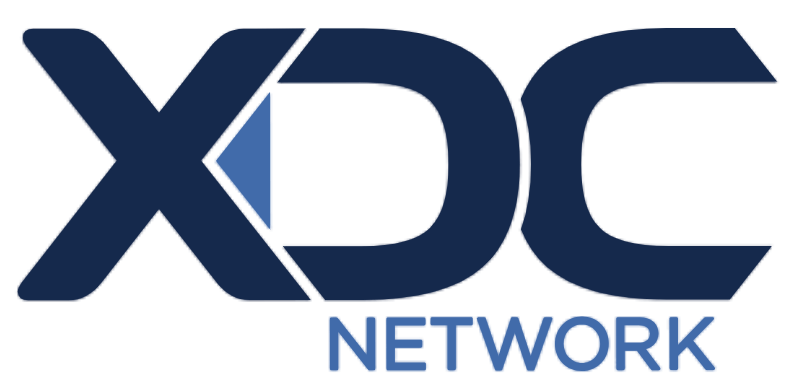In a move that signals a transformative shift in corporate treasury management, a growing number of publicly listed companies are now diversifying their reserves by adding Ethereum alongside Bitcoin to their balance sheets. What began as a fringe strategy led by a handful of tech‑forward enterprises has evolved into a broader trend, with firms in industries ranging from fintech to manufacturing exploring direct exposure to digital assets.

Executives point to several factors driving this momentum. Ethereum’s role as the backbone for decentralized finance, smart contracts, and tokenization platforms has given it utility beyond that of a speculative asset. Unlike Bitcoin, which is primarily viewed as a digital store of value, Ethereum provides access to an ecosystem of decentralized applications and a steady stream of protocol upgrades, making it attractive to companies looking to future‑proof their operations.
Corporate finance teams are increasingly citing two motivations for these acquisitions. First, they see Ethereum as a hedge against traditional market volatility and fiat currency depreciation. Second, they recognize the strategic potential of holding an asset that could directly integrate with their own products or services, whether through on‑chain payments, NFT initiatives, or enterprise blockchain solutions.
Market analysts suggest that this trend also reflects changing perceptions among institutional investors and auditors. Major accounting firms have begun offering specialized digital‑asset audit services, providing assurance to boards and shareholders that these holdings are managed with the same rigor as other financial instruments. As a result, what was once considered a risky gamble is now being embraced as a forward‑looking strategy.
The shift is not without challenges. Regulatory uncertainty remains a pressing issue, and companies must navigate complex reporting standards and custody requirements. Nonetheless, early adopters report that the benefits of having a stake in the Ethereum network — from participation in staking yields to the ability to engage with decentralized ecosystems — far outweigh the risks.
As more enterprises follow suit, Ethereum’s presence on corporate balance sheets could reshape the narrative around digital assets, cementing their place not only as speculative investments but as integral components of modern business strategy. Observers note that this movement is still in its early stages, yet it already underscores a significant evolution: digital currencies are no longer confined to trading desks and retail portfolios — they are becoming part of the financial DNA of some of the world’s most forward‑thinking companies.
Disclaimer: This article is for informational purposes only and is not investment advice. Investors should research carefully before making any decisions. We are not responsible for your investment decisions.
















